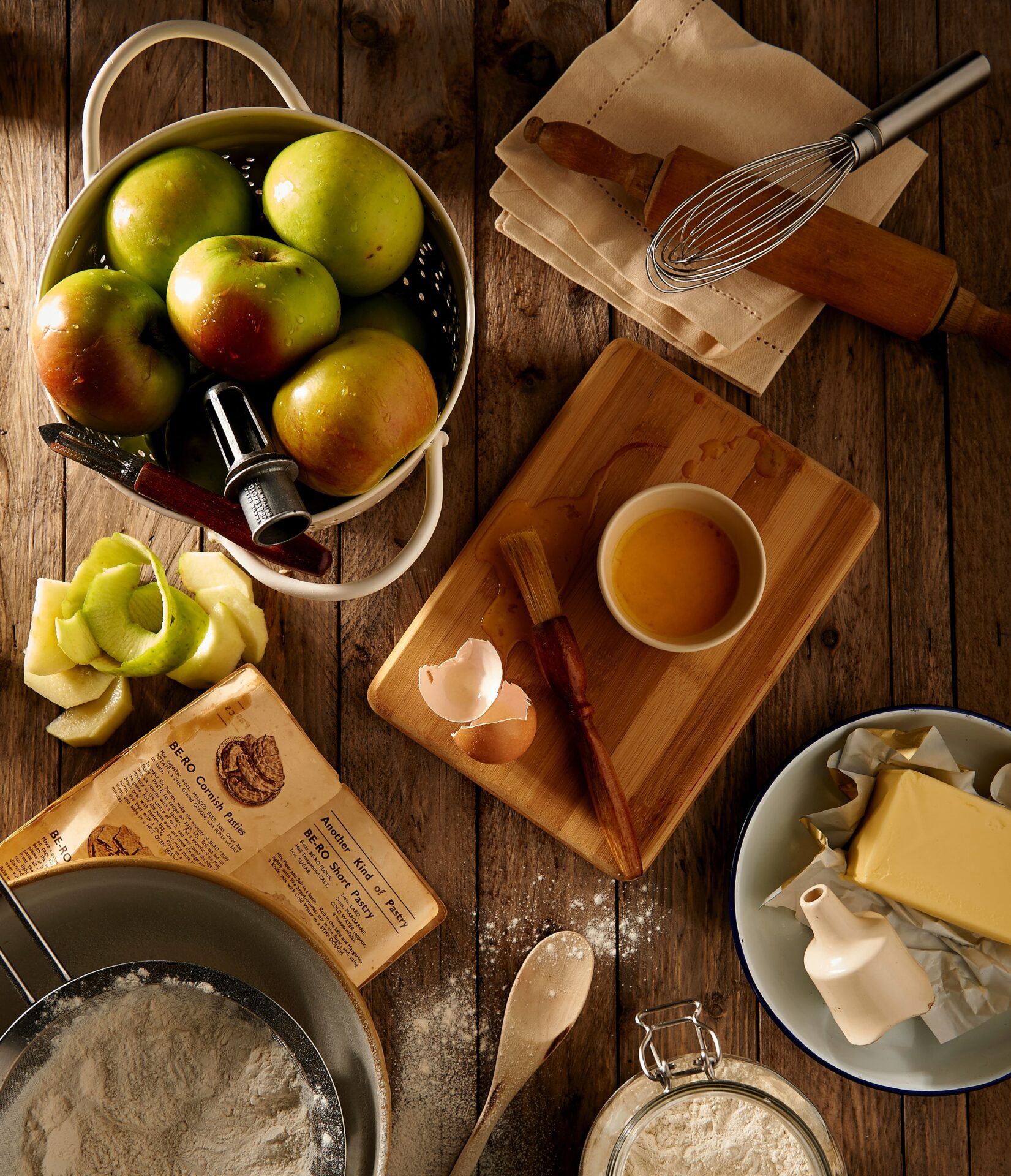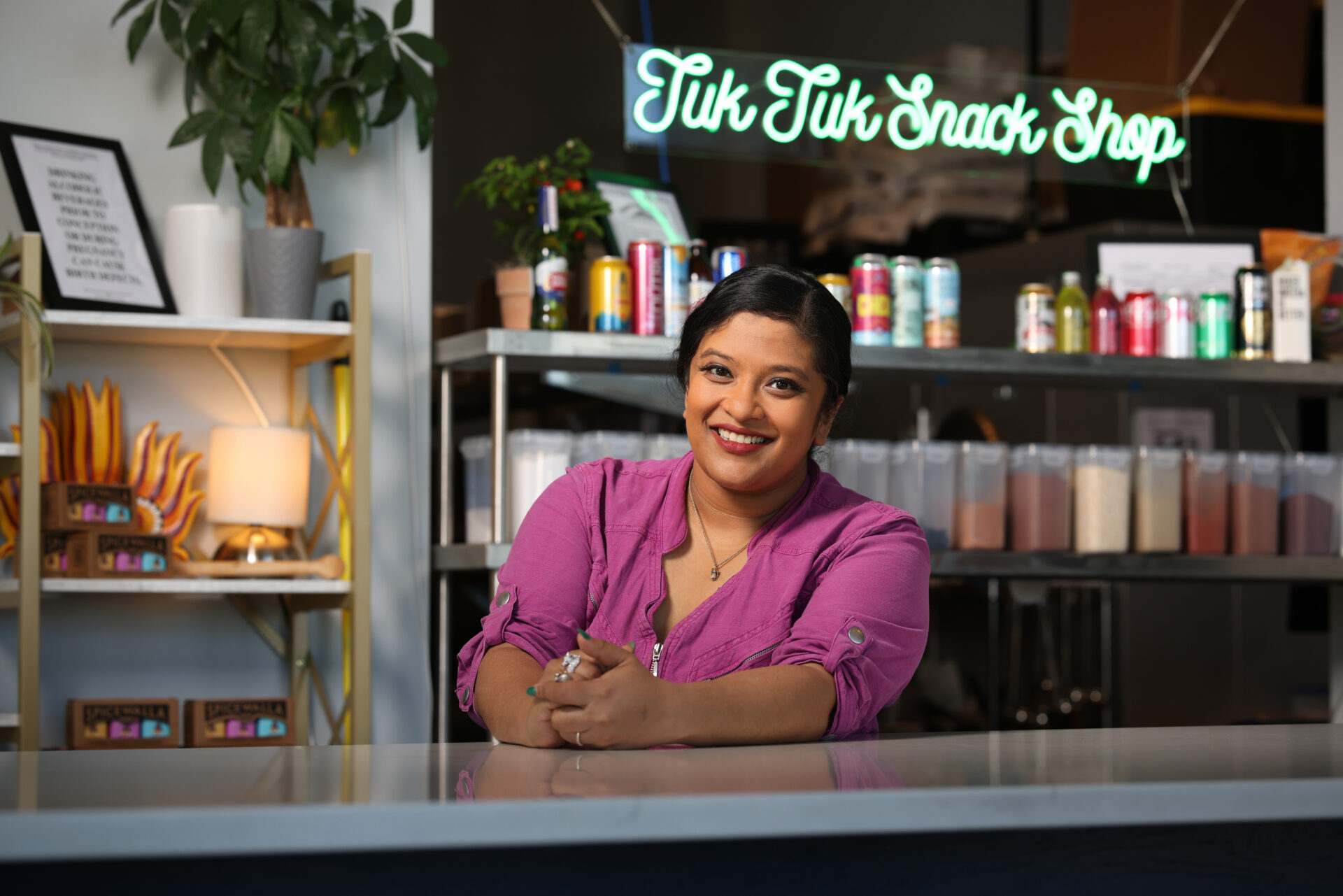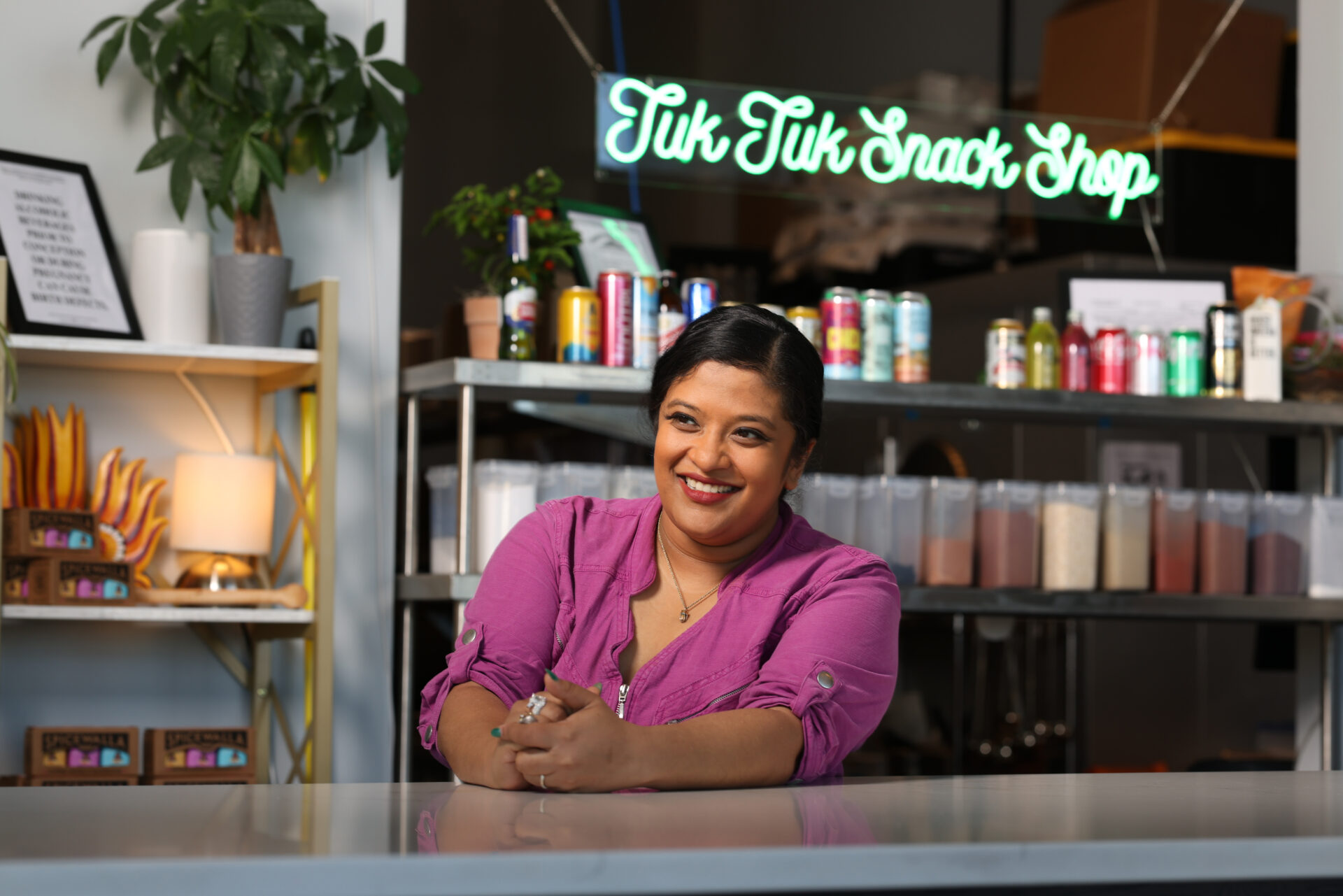Our chef columnist reflects on one year in business
Most new restaurant concepts don’t make it to their first birthday. As I write this, I’m staring down the days to the Snack Shop’s anniversary, and, to be completely honest and transparent, I don’t know if we are going to survive longer than a few more months.
The past year has been educational and humbling and so, so exhausting. But I’d be lying if I said I didn’t learn from the ride. In short, I’ll say that you need to be absolutely mad to open a restaurant right now.
We chug along day to day. I once had faith that as we settled into our new groove we would grow steadily. That hasn’t happened yet.
I am not certain if it will.
On paper, this shouldn’t be the case. I’ve had national media placements for five years; I’m on national (public) television weekly; and my name and story have been graciously featured in publications big and small. I even got shortlisted for one of the biggest culinary awards in the nation.
But none of it seems to matter, unfortunately, because it does not put people into seats in Lexington, Kentucky. I see people lining up to support places that don’t treat their food or their staff with honesty, integrity, and respect, and crowds continue to patronize establishments that rob their employees of wages. It’s demoralizing.
The life of a chef-owner means that you’re the first one in and the last one out, while not making a cent off the enterprise you pour every iota of yourself into. On the whole, the Snack Shop has been far quieter than I expected it to be—especially after so many successful popups. And I could have opened in other cities, maybe with greater success.

But this restaurant is reflective of the choices I consciously made to stay true to my Kentucky roots and to actively work to change restaurant culture while supporting my team. In just a year, they’ve cooked with multiple nationally acclaimed chefs while surviving every pivot I could throw their way. They’ve grown as cooks and as humans, becoming more comfortable and confident versions of themselves. They’ve become my core, my reason for pressing into every pivot and survival measure I can take. I refuse to roll over when they’re a part of my house.
We’ve had so many achievements: Changing concepts at least four times, going from casual grab-and-go to sit-down service; my team has had minimal turnover. We’ve been able to serve people Sri Lankan flavors with our Southern tilt while simultaneously rallying for fairer pay, benefits, shorter workweeks, and fighting against toxic kitchen environments and review culture. We’ve been able to cultivate a crop of regulars who have sustained us through our more difficult moments. We have learned while having fun; grown and bonded in troubling moments; and consoled one another when the hype just didn’t match the outcome.
My back-of-house crew remains largely intact, and their growth has been an honor to witness. Their loyalty is humbling, and while I know they know my gratitude for them is plentiful, a crew like mine is rare. I will never take their support for granted.
The first year of a restaurant is teaching yourself to expect, and accept, the unexpected. I am tired beyond belief, my brain is a sea of swimming numbers and dates, and I legitimately have no idea where I’m going or where I’ve been unless I look at my phone calendar. But despite days where we hustle in our new model, I cannot guarantee our survival past a few months, if that. I personally put in more than 100 hours a week, log 18,000 steps a day (in 1,900 square feet). If sweat translated into sales, I’d be flush by now. Food costs alone have increased so much in the past 12 months that I have to tip my hat to the owners, chefs, and crews that soldier on. I hope we can join their ranks, someday and somehow.
I am grateful for having the chance to reflect on the lessons we’ve learned—and for the space to remind everyone: Small, local restaurants need support now more than ever. Before you have to write an Instagram post eulogizing your favorite spot, patronize them as often as you can, buy their merch, buy their gift cards, or find ways to support them in ways that aren’t financial.
As for me, for now, you can join me at the bar at Tuk Tuk Snack Shop and order a glass of “Whatever Chef Is Drinking.” I’ll sign off with deep gratitude, not just for the platform but for the required reflection that has resulted in me being a completely different person than I was just a year ago. I remain humbled and pleased with all we’ve been able to accomplish. I’ll continue to push onward into whatever the future may hold.
keep reading
Fore-Front
Sam Fore on How to Survive a Restaurant Reboot | Listen
Sam Fore of Tuk Tuk Snack Shop shares the reasons behind—and intricacies of—pivoting a concept in its first year of opening.
Fore-Front
Taste Memories | Listen
Tuk Tuk Snack shop proves how capturing elusive bites from the past can move a menu forward and create a unique Sri Lankan experience.
In the Field
From Pop-Up To Brick-and-Mortar | Listen
Going from pop-up to brick-and-mortar may have induced hives, but it allowed a Kentucky chef a chance to fix what’s wrong with the industry.











